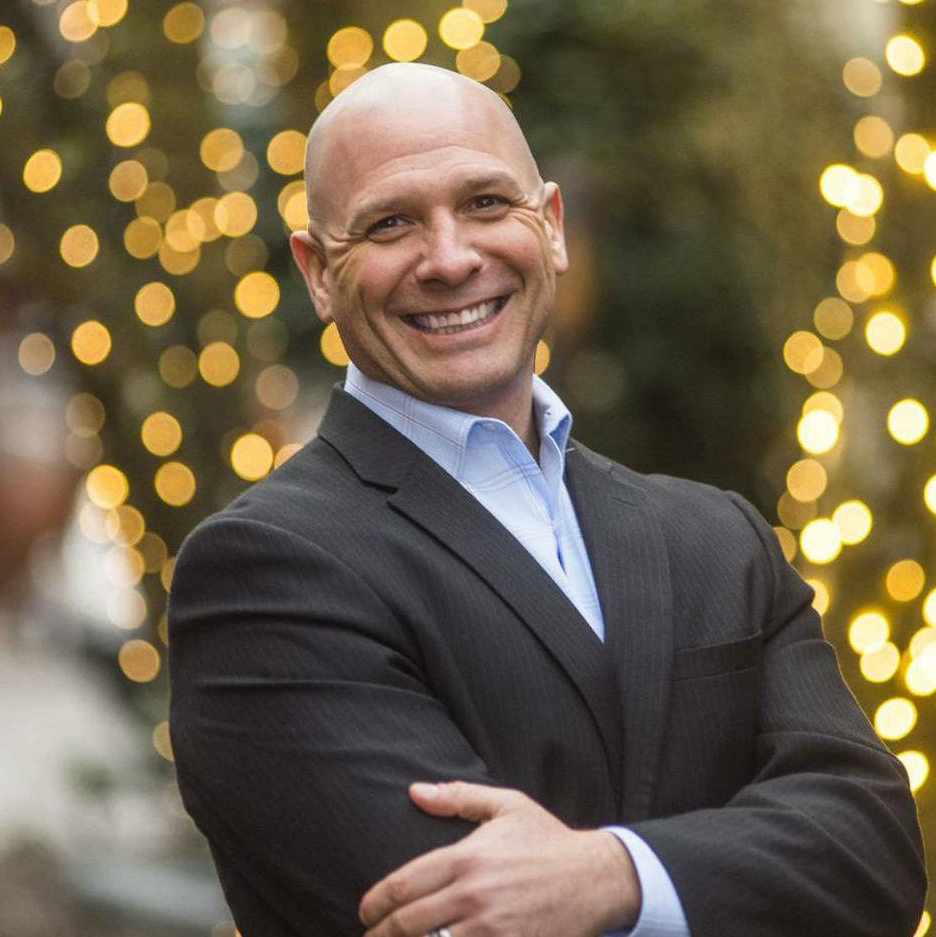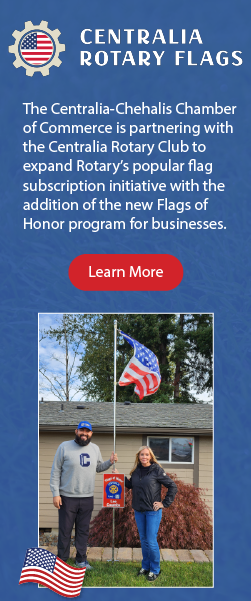
District 20 Representative Peter Abbarno
By Peter Abbarno
For the C-C Chamber of Commerce
Washington’s business community has long been the backbone of our economy, providing jobs, innovation, and essential goods and services.
But today, those businesses are under siege—not by market forces or competition, but by economic growth and push capital to states with more business-friendly policies. If that weren’t enough, lawmakers are looking to raise property taxes as well. House Bill 2049 and Senate Bill 5798 propose increasing the annual property tax growth cap from 1% to 3%, which means that every business owner with a storefront, warehouse, or office space will see their costs climb year after year.
With rent and operational expenses already on the rise, this additional tax burden will make it even harder for small businesses to survive, let alone thrive. Homeowners, too, will feel the pinch, as higher property taxes lead to higher housing costs, exacerbating an already dire affordability crisis.
The consequences of these tax hikes are clear: employers will be forced to cut jobs, raise prices, or move operations elsewhere. None of these outcomes benefit Washington workers, families, or communities. Instead of creating new taxes that drive businesses away, lawmakers should focus on reducing unnecessary spending, lowering regulatory burdens, and fostering a tax environment that encourages investment and job creation.
At a time when businesses are already navigating economic uncertainty, we cannot afford to make Washington even more expensive and uncompetitive. I urge the business community to take action—contact your legislators, make your voices heard, and stand against these harmful policies. Together, we can work towards solutions that foster economic opportunity rather than hinder it.
The recently released House Operating Budget proposes the largest tax increase in state history, limiting small businesses in our state from competing, growing, and even surviving. The affordability crisis in Washington isn’t just about individuals struggling to make ends meet—it’s about large and small businesses trying to stay afloat in an increasingly hostile economic environment.
Washington state already ranks among the worst states for tax competitiveness. The majority’s recent tax hike proposals won’t just affect major corporations; they will also reach deep into the pockets of small and mid-sized businesses, forcing difficult decisions that will inevitably harm workers, consumers, and communities.
If we want to build a stronger economy and keep Washington competitive, we must take a hard look at what’s coming down the pipeline. One of the most damaging proposals is Senate Bill 5796, which would impose a new payroll tax. While framed as a measure targeting only the highest wage earners, the reality is it will increase the cost of doing business in Washington across the board. Companies that offer competitive salaries and benefits will be penalized for their success, potentially leading to job cuts, slower wage growth, and reduced opportunities for workers.
Worse yet, this move puts Washington at a disadvantage compared to other states, making it less attractive for businesses looking to expand or relocate. Additionally, House Bill 2045 would increase the Business and Occupation (B&O) tax on Washington businesses, particularly financial institutions.
The B&O tax is already one of the most damaging taxes on businesses because it applies to gross revenue rather than profit. This means that businesses with slim margins—such as local retailers, manufacturers, and service providers—will feel the impact regardless of their actual earnings. Unlike other states that tax profits, Washington’s approach punishes businesses for simply making sales, adding yet another layer of financial strain in an already costly environment.
The legislature is also considering two proposals, House Bill 2046 and Senate Bill 5797, that would impose new taxes on financial intangible assets, including stocks and bonds. While these taxes are marketed as targeting the wealthy, they have far-reaching consequences for employers who rely on capital investment to expand, innovate, and create jobs.




